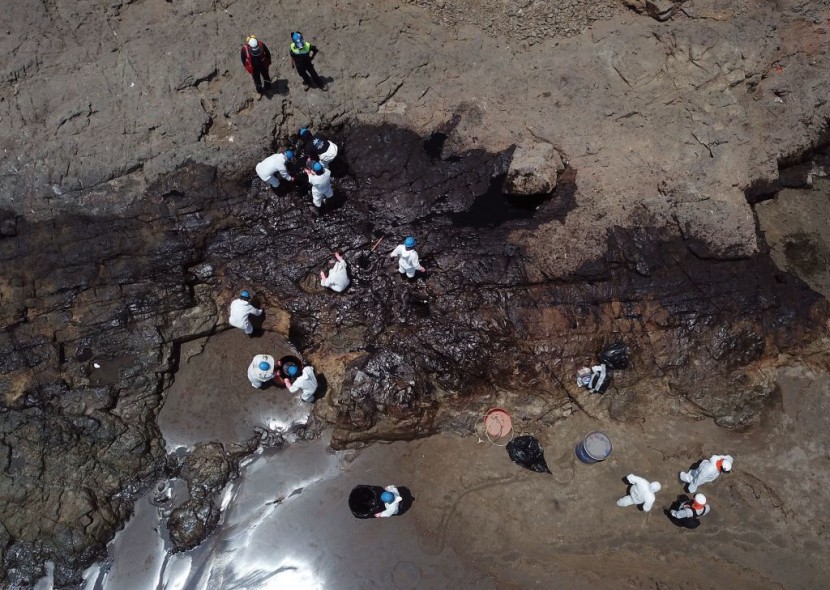
The Tonga Volcano erupted with so much force that it sent an unprecedented amount of water vapor into the Earth's atmosphere that could be enough to heat the planet.
The Hunga Tonga-Hunga Ha'apai (HT-HH) volcanic eruption last January was unlike anything that Luis Millan had ever seen. He is an atmospheric scientist at NASA's Jet Propulsion Laboratory in Southern California.
Tonga Volcano Eruption
In a statement, Millan said that they had to carefully inspect all of the measurements in the plume to make sure that they were accurate. Scientists published a paper in Geophysical Research Letters that showed their analysis of data from Microwave Limb Sounder.
That is an instrument that measures gases like water vapor and ozone from NASA's Aura satellite. The team discovered that the undersea volcano's plume had reached altitudes up to about 35 miles, which was a "record in the satellite era."
The plume released roughly 146 teragrams of water vapor into the stratosphere, which is equal to about 10% of the total water already in that later of the Earth's atmosphere. Previous volcanic blasts have caused a temporary cooling effect on the planet because of ash and dust that reflect sunlight into space, as per the Smithsonian Magazine.
However, as per the study, this particular event will likely raise temperatures because of water vapor's heat-trapping properties. Millan, who is also the lead author on the study, said that this would just be temporary warming of Earth and noted it would go back to whatever it was supposed to go back to before.
The eruption earlier this year was the world's largest in the 21st century and possibly the most powerful since Krakatoa in 1883. The volcanic explosion rained ash down on Tonga and triggered a tsunami that damaged more than 100 homes and killed three people.
According to NewsMax, the amount of water that the Tonga volcano put out was more than 58,000 Olympic-size swimming pools. The water vapor is also expected to remain in the Earth's atmosphere for several years.
Heating the Earth
The underwater volcano is more than 12 miles wide and with a caldera sitting approximately 500 feet below sea level. Researchers that monitored the blast said that it usually takes some two to three years for sulfate aerosols from volcanoes to fall out of the stratosphere.
However, they noted that water from the recent eruption could take five to 10 years to fully dissipate and could become the "first volcanic eruption observed to impact climate not through surface cooling caused by volcanic sulfate aerosols, but rather through surface warming."
The team added that the eruption dramatically disrupted annual water patterns in the stratosphere, which is normally quite reliable that scientists refer to it as a sort of tape recorder.
NASA noted that the extra water vapor could also influence atmospheric chemistry, boosting certain chemical reactions that could temporarily worsen the depletion of the ozone layer. The unprecedented amount of water sent to the atmosphere was only possible because of the Tonga volcano's caldera under the sea, NASA reported.
Related Article: Scientists Spark Controversy for First-Ever 'Synthetic Embryo' With Beating Heart, Brain Made From Stem Cells
© 2026 HNGN, All rights reserved. Do not reproduce without permission.








